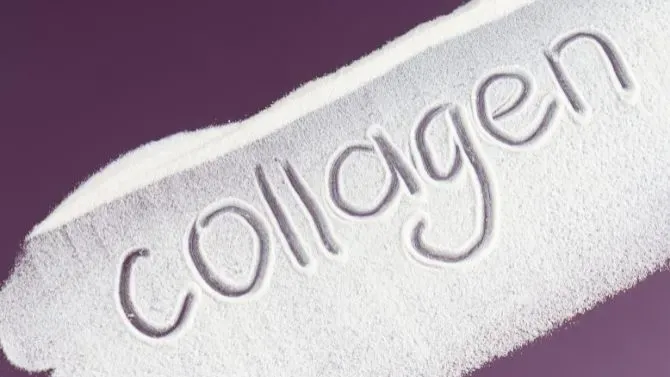
What are the beneficial effects of collagen on the skin? A major component of the dermis, collagen gives suppleness and elasticity to the skin, slows down its aging and promotes healing. But how does it work?
Present in large parts of our body, collagen is a protein that ensures the regeneration of our connective tissues and acts mainly on the skin, joints and muscles. But there are also external sources like marine collagen, and naturally close to that produced by man, it has undeniable benefits for our skin.
Collagen for Your Skin

What is collagen?
Collagen is a structural protein made up of a chain of amino acids. Its main role is to ensure the maintenance and cohesion of tissues.This is why it is nicknamed the "cement of the body". It is naturally present in bones, cartilage, muscles, tendons and skin. Indeed, in addition to composing the body's architecture, it provides suppleness and elasticity to the skin.
- Type 1 collagen is also essential for hydration, tissue regeneration and wound healing.
- Type 2 collagen is present in the joints, but it is not the one we are interested in in this article.
Collagen benefits on the skin
It ensures suppleness, firmness and elasticity. Collagen is made up of fibres and strands that bind and stack on top of each other. Very elastic and resistant, this network forms the skin's structure, and it guarantees suppleness, firmness, tone and elasticity.A key ingredient in cosmetics and anti-aging skin care products, it is renowned for firming and redefining the contours of the face, plumping the skin and filling in wrinkles.
As this study shows, oral supplementation can also reduce wrinkles and slow the natural skin aging process.
Collagen maintains hydration
It also plays a major role in skin hydration. On the one hand, its fibres can attract and retain water in tissues. On the other hand, it forms a film on the surface of the epidermis.This film slows down the evaporation of the water contained in the layers of the epidermis, a process called "Transepidermal Water Loss" (PIE). Thus, collagen prevents dehydration and skin dryness.
In this study, taking collagen significantly improved skin hydration and skin elasticity and density.
Collagen protects the skin.
Collagen supports and reinforces the protective barrier, the natural "shield" of the skin. Thus, it protects against pathogens (bacteria, viruses, fungi, etc.) and external aggressions (cold, wind, pollution, etc.).This protective effect is increased tenfold when collagen is combined with vitamin C (in food supplements or cosmetics). Indeed, the latter stimulates its synthesis, as this article points out.
In addition, it protects the skin from free radicals, which accelerate skin aging.
Collagen promotes wound healing.
Collagen is involved in the healing process of wounds (wounds, burns, etc.). Indeed, it promotes the regeneration and remodelling of tissues. During healing, the production of collagen is activated locally.During this study, researchers discovered that collagen fibres reform structures on their own.
Collagen is an anti-aging substance
It is essential to prevent skin aging because it eliminates the proteins responsible for loss of radiance. The skin is thus gradually remodelled and regains all of its firmness and tone. Fine lines, which appeared at the first signs of aging, begin to fade.
In what foods is collagen found?
Some foods contain it as a base, but this is limited to egg yolk, gelatin and bone and fish broths. Instead, it may be appropriate to opt for a diet that is not rich in collagen but that participates in its production in the body. We can then favour a diet rich in vitamins and minerals composed of nuts, almonds, sesame seeds, broccoli, spinach, tomatoes, eggplant, beets, etc.
Does collagen help skin growth?
In addition, collagen can regulate and block the activity of matrix metalloproteinases (MMPs). These enzymes can degrade many proteins, including collagen and elastin, essential for wound healing.Read More:
Comments
Post a Comment